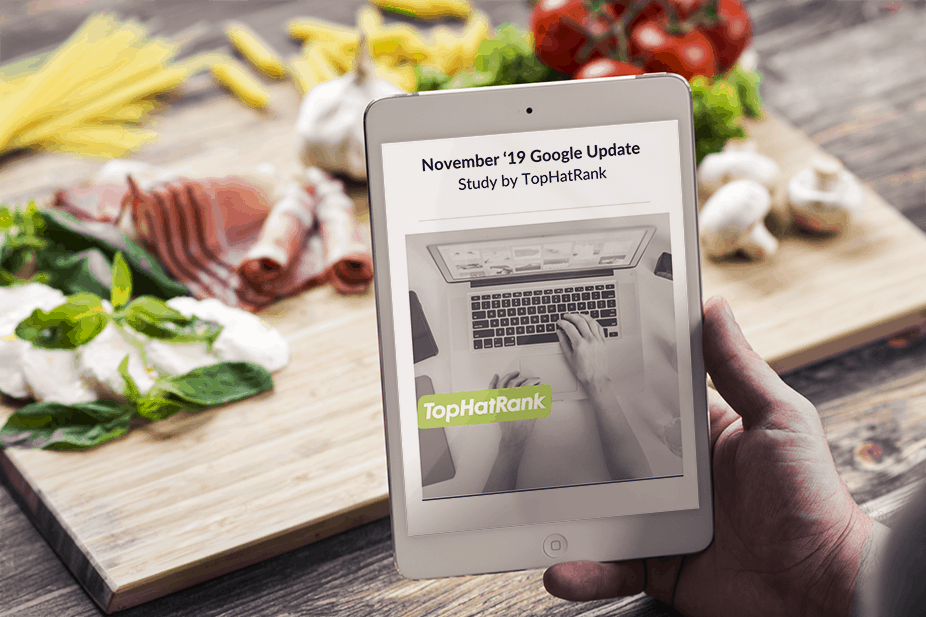November 2019 Google Update; Food Blogger Study
In November of 2019, Google released an update to its algorithm. This update was very detrimental, site owners reported losses in organic traffic referrals of up to 60%. Since Google didn’t provide much detail as to which changes were made during this update, we decided to conduct a study of affected recipe/food blogs to see if there were any commonalities that can be identified.
So grab a cup of coffee, find a comfortable place to sit and download this 290-page study.

